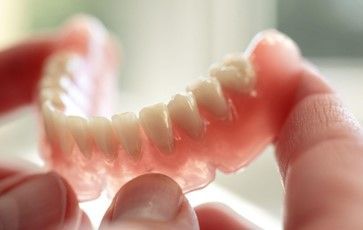


The Centers for Disease Control and Prevention caution that tobacco use in any form isn't safe for teens, and says that around 5.6 million American teens who smoke are likely to die early from a smoking-related illness if current rates of smoking continue. Sadly, smoking is all too common among teenagers, and it can wreak havoc on their dental health as well as their overall health.
On a superficial level, smoking causes bad breath, which can lead to teasing and failures in your teen's personal life. Smoking can cause stains on the teeth and tongue that are anything but aesthetically appealing. You may talk to teens about how this can ruin dating opportunities. However, it's also important to discuss the more serious implications of smoking.
Teens who smoke may have a duller sense of smell and taste because of the effects of the tobacco. If they need to have oral surgery or have a tooth pulled, they may experience slower healing and more complications during their recovery. They may also be more likely to experience gum disease. Teens who smoke are also more likely to have oral cancer.
So what can you do as a parent? Educate your kids about the dangers of smoking. Set strict rules about not smoking. Offer rewards for teens who don't smoke. You may even suggest that teens volunteer for school programs against smoking that will further educate them on why smoking can be detrimental to their health and will connect them with likeminded peers.
Older teenagers may need to have their wisdom teeth pulled. Although that's common for many young people, it can cause anxiety in some teens. Wisdom teeth tend to come in when young people are between the ages of 17 and 21. When the wisdom teeth don't have the room to grow in or are in a problematic position, they need to be removed.
Talk to your teens about their wisdom teeth and encourage them to have a discussion with their dentist about the topic. Sometimes, teens opt to have their wisdom teeth removed as a preventative measure. Wisdom teeth sometimes damage teeth next to them, and dentists can help teens determine whether their wisdom teeth are a possible issue.
Encouraging your teens to have good dental habits can have a positive long-term impact on their health. Teens who take care of their oral health today are more likely to continue doing so and enjoy healthy teeth and gums in their adulthood. Contact Advanced Dental Care
for your teen's next dental check-up.













